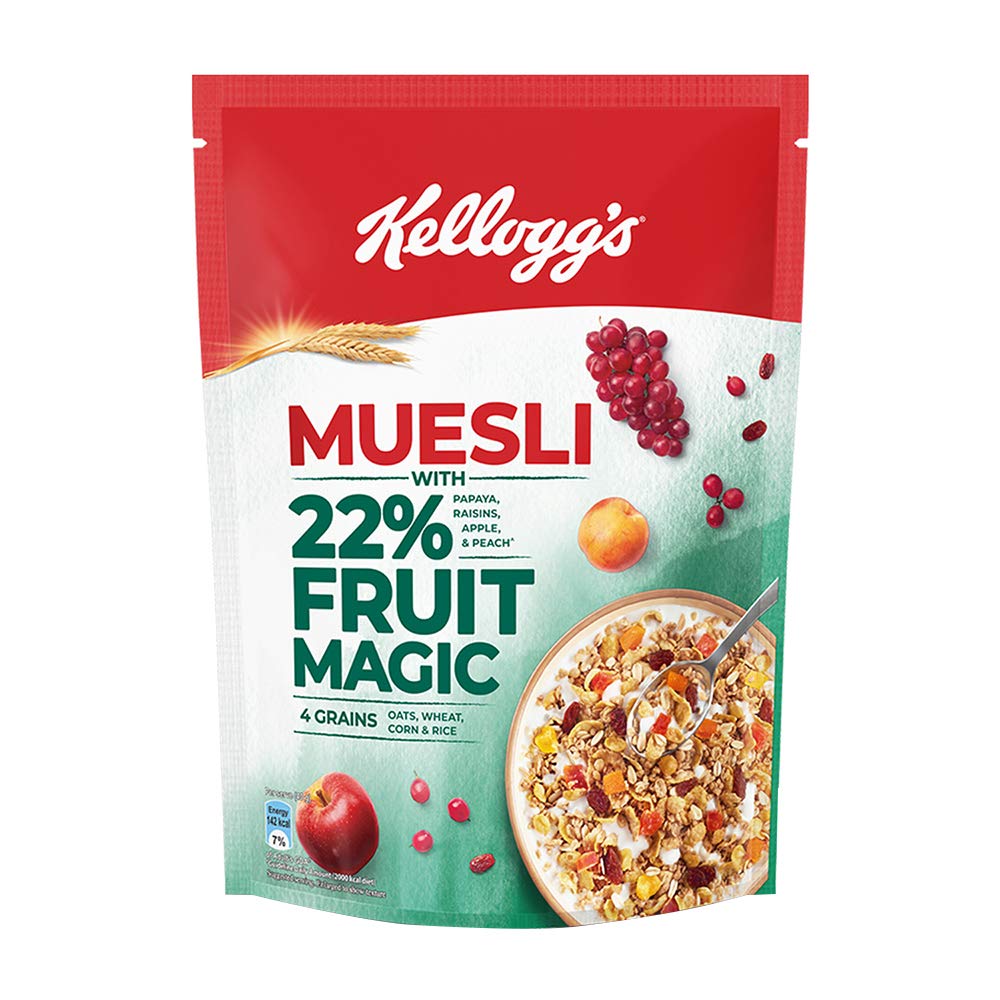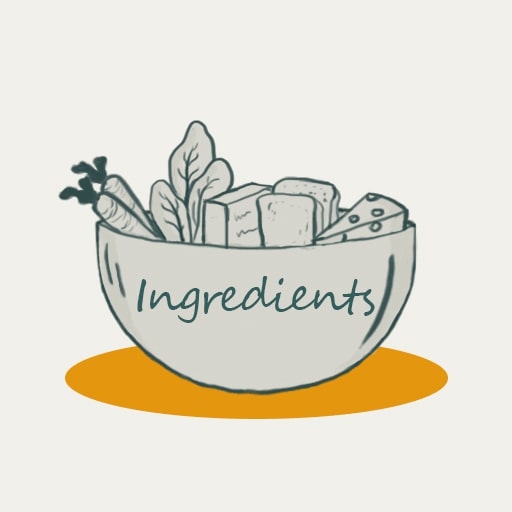Vitamin B3 (Niacin)
Micronutrient
Last update date: October 11, 2023
Vitamin B3 is also known as nicotinic acid. It plays a role in converting carbohydrates to glucose.
Frequently Asked Questions
1.
What is Vitamin B3 (Niacin)?
Niacin, also known as vitamin B3, is a water-soluble B vitamin that can be found naturally in certain foods, added to foods, and available as a supplement. It exists in two common forms: nicotinic acid and nicotinamide. The body can also convert the amino acid tryptophan into niacin. Niacin is essential for the proper functioning of over 400 enzymes involved in various reactions within the body. It plays a vital role in converting nutrients into energy, synthesizing cholesterol and fats, repairing DNA, and exerting antioxidant effects. Being water-soluble, any excess niacin not utilized by the body is excreted through urine.
2.
What is positive impact of Vitamin B3 (Niacin)?
Vitamin B3, or niacin, offers several positive impacts on your health. It helps improve blood fat levels by increasing "good" HDL cholesterol while decreasing "bad" LDL cholesterol and triglycerides. Niacin also contributes to the creation and repair of DNA, promoting healthy cellular function. Research suggests that niacin may help lower blood pressure and has potential benefits in managing type 1 diabetes. Furthermore, niacin plays a role in maintaining healthy skin and exhibits antioxidant properties, protecting cells from damage caused by harmful molecules known as free radicals.
3.
What is negative impact of Vitamin B3 (Niacin)?
Niacin is a safe nutrient but it can cause issues in the kidney, liver and stomach if consumed in high amounts. B3's tendency to reduce blood pressure can be an issue in people who, in their normal state, have a low blood pressure. Excessive consumption of B3 by such people can lower their BP to unsafe levels.
4.
Who should avoid Vitamin B3 (Niacin)?
Certain individuals should exercise caution or avoid high-dose niacin supplementation. If you have a history of liver disease, kidney disease, stomach ulcers, or are using blood thinners or medications for low blood pressure, it is advisable to consult with a healthcare professional before considering niacin supplementation. They can provide personalized advice based on your specific health condition and medication regimen.
5.
What are common sources of Vitamin B3 (Niacin)?
You can obtain vitamin B3 (niacin) from various food sources to support your overall health. Good sources of niacin include bananas, red meat, fish, brown rice, nuts, and seeds. These foods are readily available and can be incorporated into your meals and snacks to meet your niacin needs. People who are deficient or are unable to incorporate these foods in their diet, a nutritionist/doctor may also recommend them to start supplements for Niacin.
6.
Which are symtoms of Vitamin B3 (Niacin) deficiency?
A deficiency of niacin can lead to various symptoms and health issues. Some signs of niacin deficiency may include skin rash or discoloration, a bright red tongue, vomiting, constipation or diarrhea, depression, fatigue, headache, memory loss, and loss of appetite. Severe niacin deficiency can result in a condition known as pellagra, characterized by dermatitis, diarrhea, dementia, and even death if left untreated. Ensuring an adequate intake of niacin through a balanced diet is crucial to prevent niacin deficiency and maintain overall health.

























